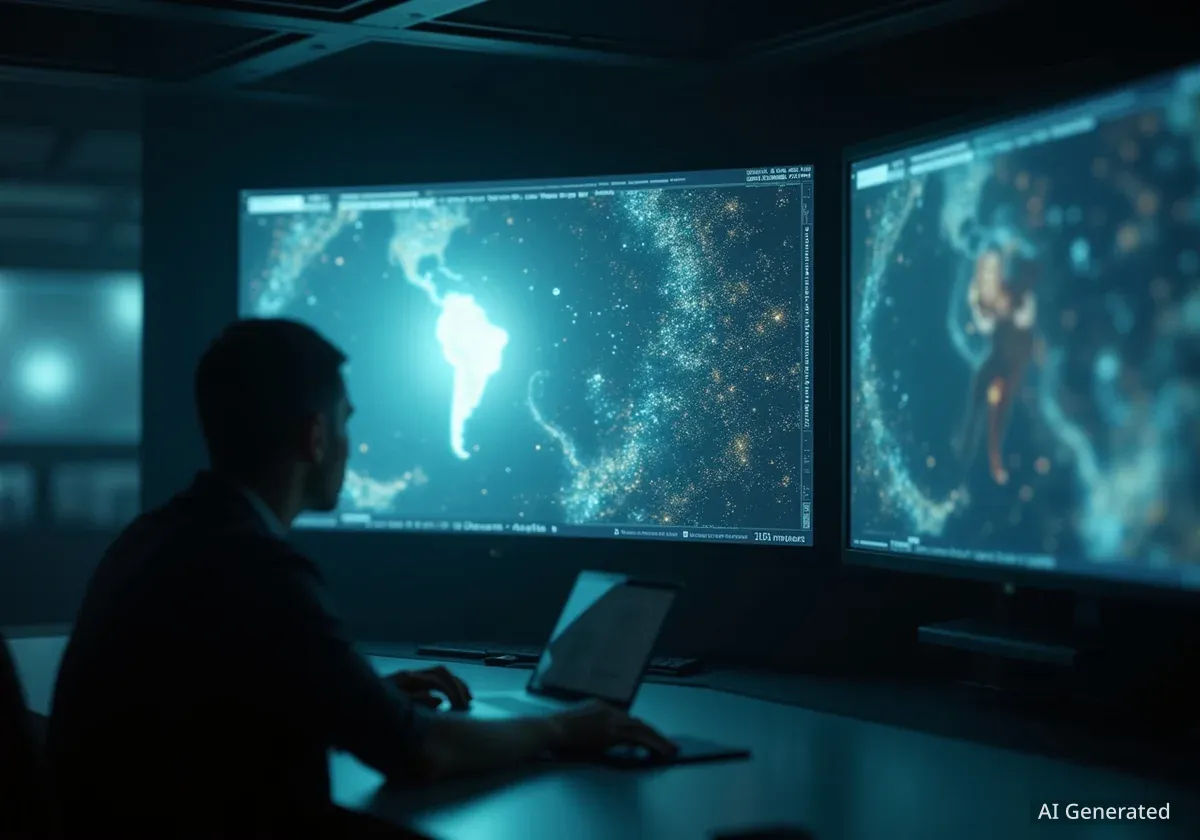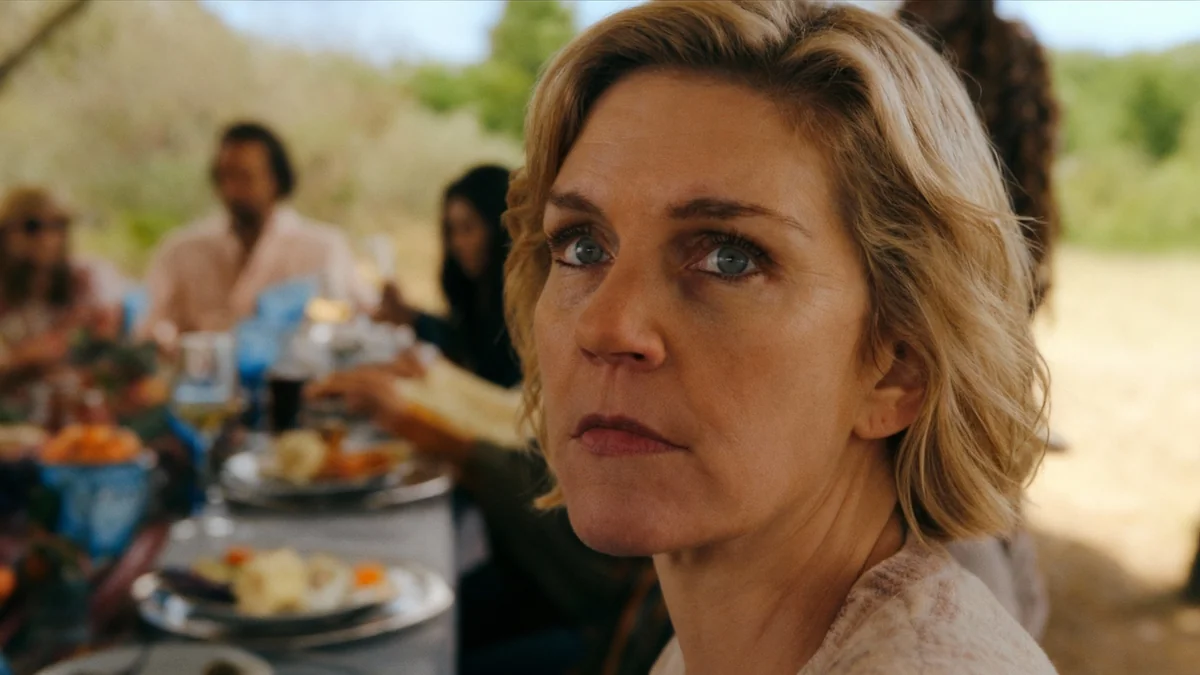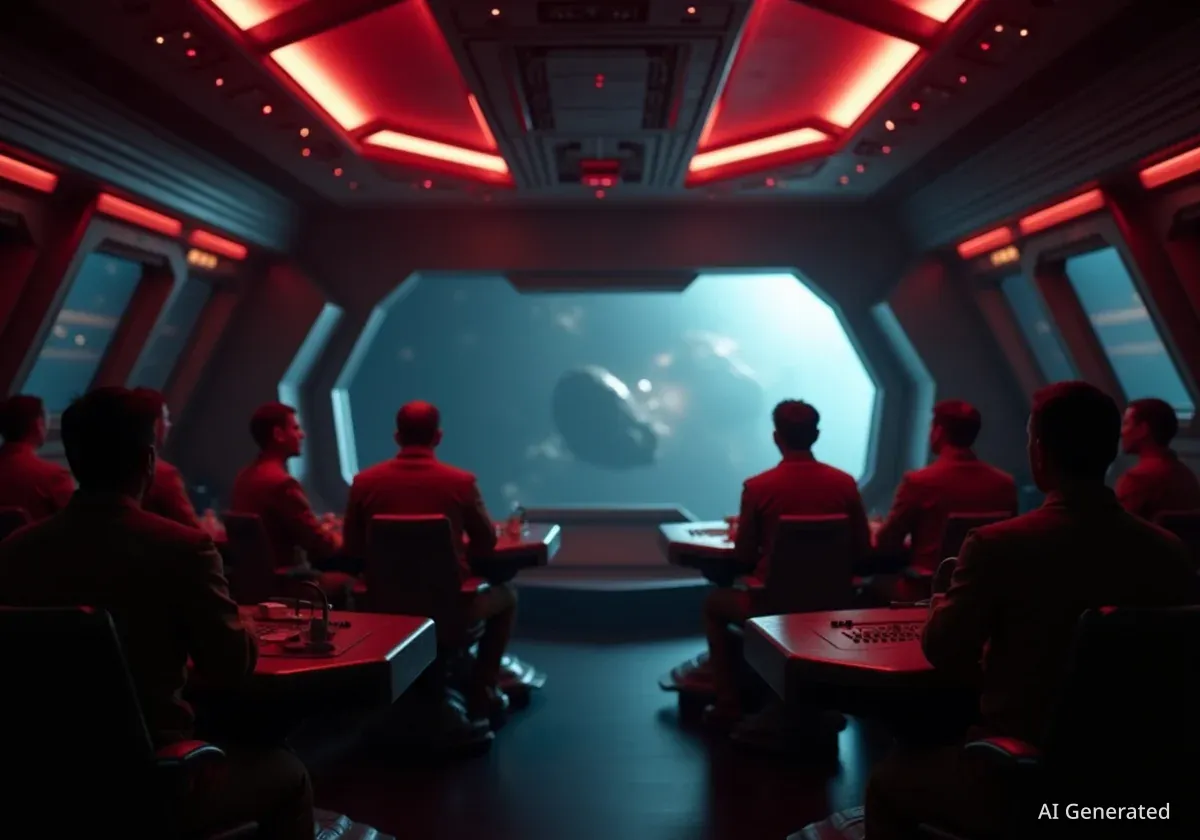The new television series 'Alien: Earth' is taking a fresh approach to the long-running science fiction franchise by selectively choosing which parts of the established lore to include. Showrunner Noah Hawley's strategy prioritizes new storytelling opportunities over strict adherence to decades of continuity, a move that could influence other major franchises.
Key Takeaways
- 'Alien: Earth' is set just two years before the original 1979 film 'Alien' but introduces new corporate players and alien creatures not previously seen.
- The show retains core elements like Xenomorph eggs and Facehuggers while sidelining complex plot points from prequel films like 'Prometheus' and 'Covenant'.
- This "pick-and-choose" approach to canon allows creators to avoid narrative dead ends and refresh a 46-year-old saga for modern audiences.
- The strategy contrasts with other franchises like 'Star Wars' and 'Star Trek', which have sometimes struggled under the weight of their extensive histories.
A New Vision for a Classic Universe
The highly anticipated series 'Alien: Earth' is set to expand the iconic horror universe, but not by simply adding another chapter to the existing timeline. Instead, the creative team has opted for a more flexible relationship with the franchise's history. The show's events take place shortly before the crew of the USCSS Nostromo discovered the deadly Xenomorph on LV-426, yet it operates within its own distinct narrative space.
Viewers are introduced to a world where corporations other than the infamous Weyland-Yutani hold significant power. The story involves new entities like Prodigy and centers on events, such as the crash of the USCSS Maginot, that have never been referenced in the films. This allows the series to build its own foundation without being constrained by past events.
Understanding Franchise Canon
In fiction, "canon" refers to the collection of material officially accepted as part of the story in a particular universe. For many fans, maintaining consistency within this canon is crucial. However, as franchises grow over decades, adhering to every single detail can limit creative freedom and lead to convoluted plots.
Choosing What Matters Most
Showrunner Noah Hawley's method appears to involve preserving the most essential and recognizable elements of the 'Alien' mythos. The fundamental building blocks that made the first two films classics remain firmly in place. These include:
- The terrifying lifecycle: Eggs, Facehuggers, and Chestbursters.
- The iconic Xenomorph biology: An apex predator with acid for blood.
- The thematic core: Corporate greed clashing with human survival in the hostile environment of space.
However, the series seems to deliberately sidestep some of the more controversial or complex additions from later films. The mysterious black goo that played a central role in Ridley Scott's prequels, Prometheus and Covenant, is notably absent. Furthermore, the retconned origin of the Xenomorph as the result of an android's experiments is not a focus, allowing the creature to return to its roots as a product of natural, albeit terrifying, evolution.
The 'Alien' franchise began 46 years ago with the release of the original film in 1979. 'Alien: Earth' is the first live-action television series set in this universe, aiming to capture the tone of the first two movies.
The Burden of History in Sci-Fi Sagas
Many long-running science fiction franchises have faced challenges with their own extensive histories. Storytellers often find themselves in a difficult position, needing to honor decades of lore while also creating something new and accessible. This has led to mixed results in other major series.
The Star Wars and Star Trek Precedents
The Star Wars universe, for example, has a dedicated story group to manage its vast timeline. Yet, this has not prevented narrative inconsistencies, such as explaining throwaway lines like Han Solo's "Kessel Run" in an entire film, which can feel restrictive. Similarly, Star Trek has occasionally written itself into corners, with infamous episodes like "Threshold" from Star Trek: Voyager being effectively ignored in later series due to its bizarre plot developments.
Doctor Who is another example of a franchise with a notoriously flexible approach to its own continuity, often making up rules as it goes. This has been both a strength, allowing for boundless creativity, and a point of contention for fans who crave consistency.
Even 'Alien' director Ridley Scott acknowledged the challenge of keeping the central creature compelling. After the box office performance of 'Covenant', he commented, "I think the beast has almost run out, personally."
A Path Forward for Legacy Franchises
The approach taken by 'Alien: Earth' may offer a sustainable model for the future. By treating past material as a toolbox rather than a rigid set of rules, creators can extract the most powerful ideas and leave behind those that no longer serve the story. This selective canon allows the series to introduce fresh threats, including new acid-spitting creatures and a strange parasitic organism, giving the universe a much-needed injection of novelty.
This method respects the audience's intelligence, trusting them to understand that not every past event needs to be directly addressed for a new story to be compelling. The events of Prometheus might still have happened, but perhaps in a distant part of the galaxy, irrelevant to the characters in this particular show.
Ultimately, this creative freedom allows 'Alien: Earth' to focus on what made the original films so successful: tense human drama, corporate malfeasance, and visceral horror. By not getting bogged down in explaining the past, the show has a better chance to define its own future and potentially revitalize a beloved franchise for a new generation.





